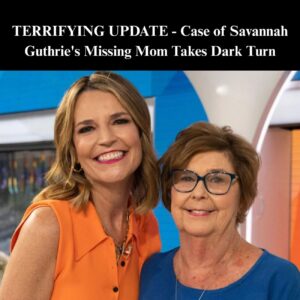When my daughter Bella was born, I knew I wouldn’t be able to breastfeed due to medical reasons, and while that was painful at first, I made peace with it. Formula kept my baby healthy, fed, and happy — but my mother-in-law despised it. She dropped comments, lectured me about “real motherhood,” and insisted Bella would “never thrive” on formula. I tried to ignore her judgment, reminding myself that Bella was growing perfectly. So when she offered to babysit one evening, I accepted, only reminding her that Bella’s bottles were prepped and waiting in the fridge.
When my husband and I returned home later that night, we instantly sensed something was off. The bottles in the fridge were untouched, lined up exactly as I had left them. And there was my MIL on the couch, looking far too pleased with herself while Bella slept in her bassinet. My stomach sank as my husband asked how feeding went — and my MIL proudly announced she had “fixed” the problem by refusing the formula and giving Bella something else instead. The words hit me like a punch: she had fed my daughter diluted cow’s milk, insisting it was “better than chemicals.”
I felt my vision blur with panic. Bella has a sensitive stomach — and introducing anything outside her approved formula could make her dangerously ill. We rushed to wake her, checking her breathing, her color, her temperature. Tears streamed down my face as my MIL kept insisting she “did the right thing,” refusing to see the risk she had created. She believed she knew better than doctors, better than me, better than the parents who trusted her with their child.
Bella was thankfully okay, but that night changed everything. Trust snapped like a brittle thread. My MIL crossed a line not out of ignorance, but arrogance — choosing her beliefs over my daughter’s safety. We told her she would not be babysitting again, not “until she respected our parenting,” and maybe not ever. As I held Bella close, listening to her soft breaths, I realized something important: motherhood isn’t defined by how you feed your child, but by how fiercely you protect them from harm — even when that harm hides behind a smile.





